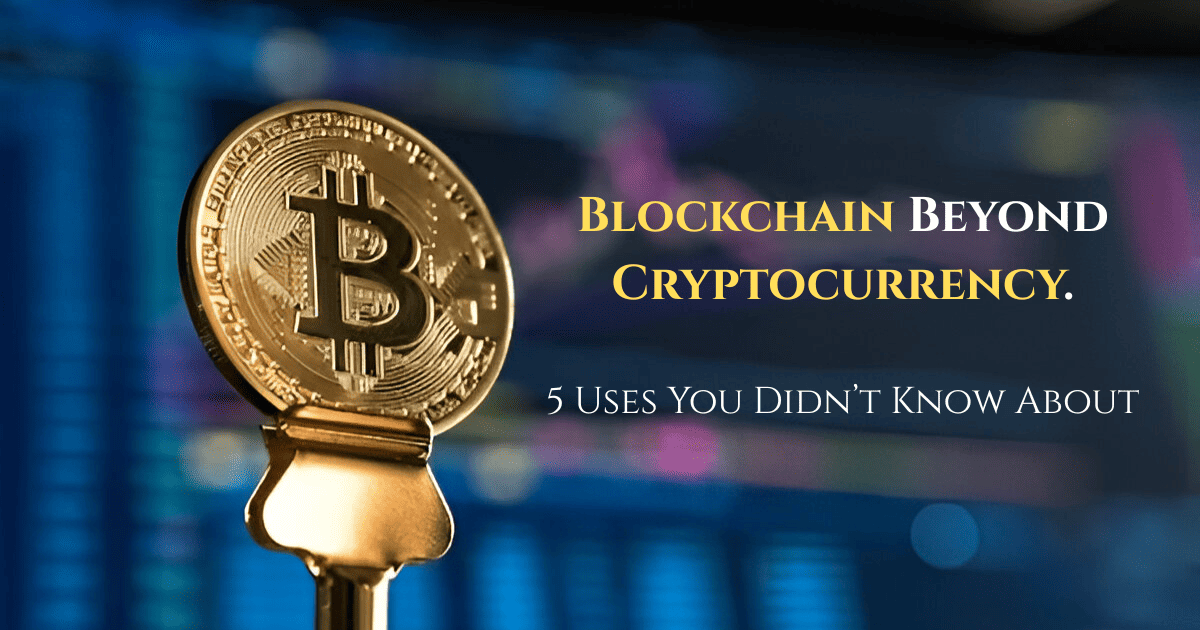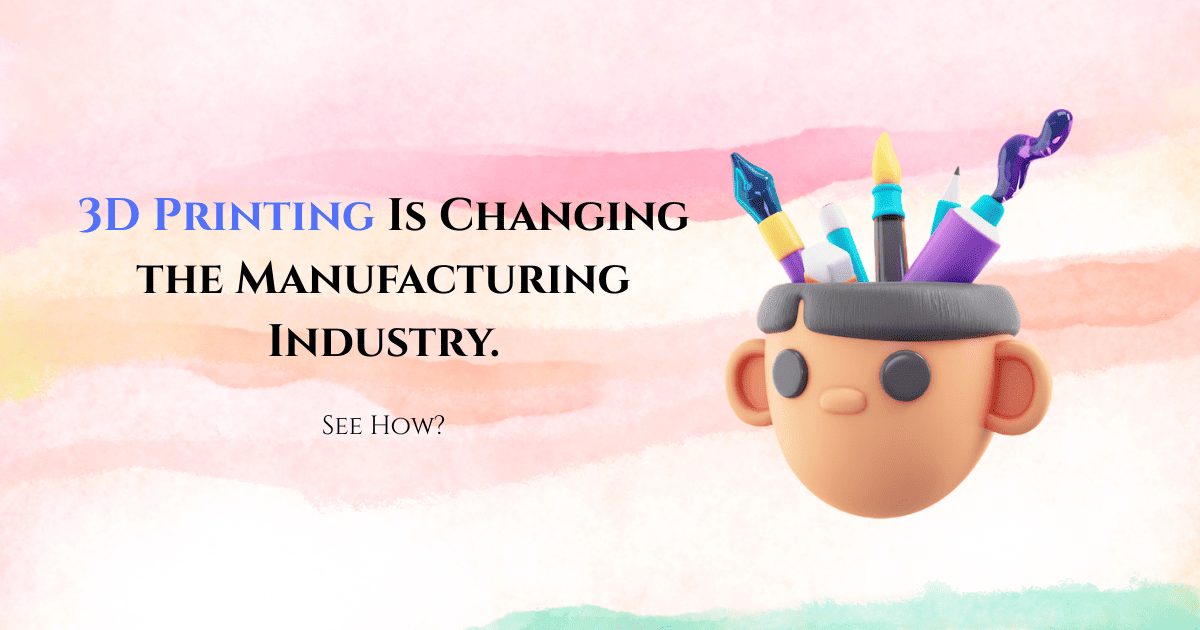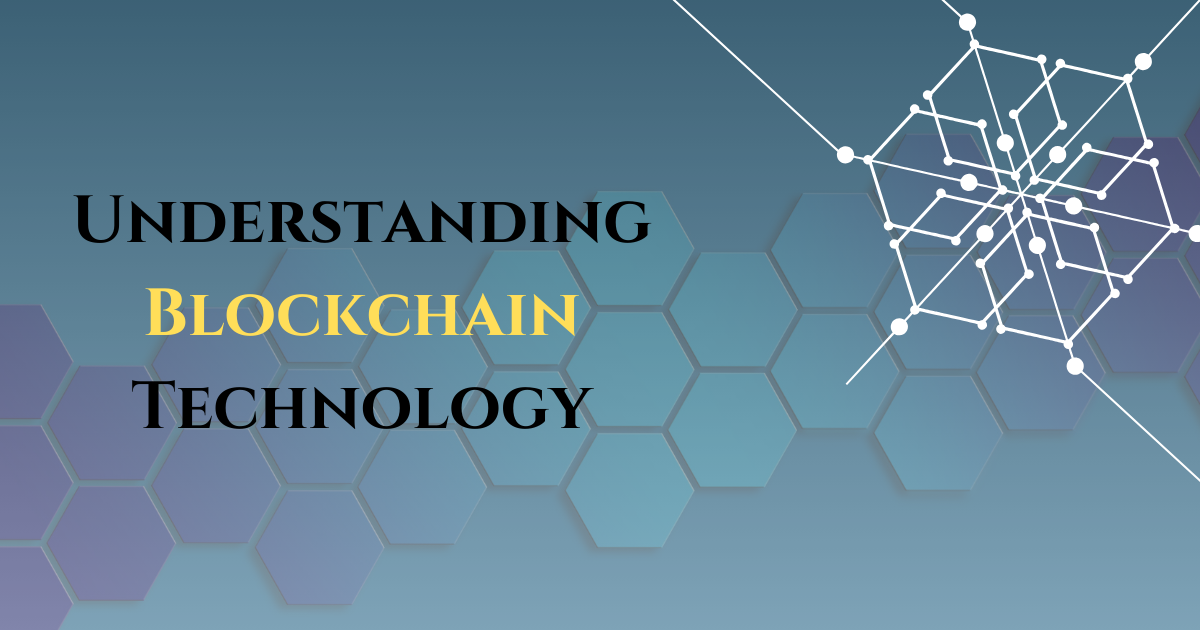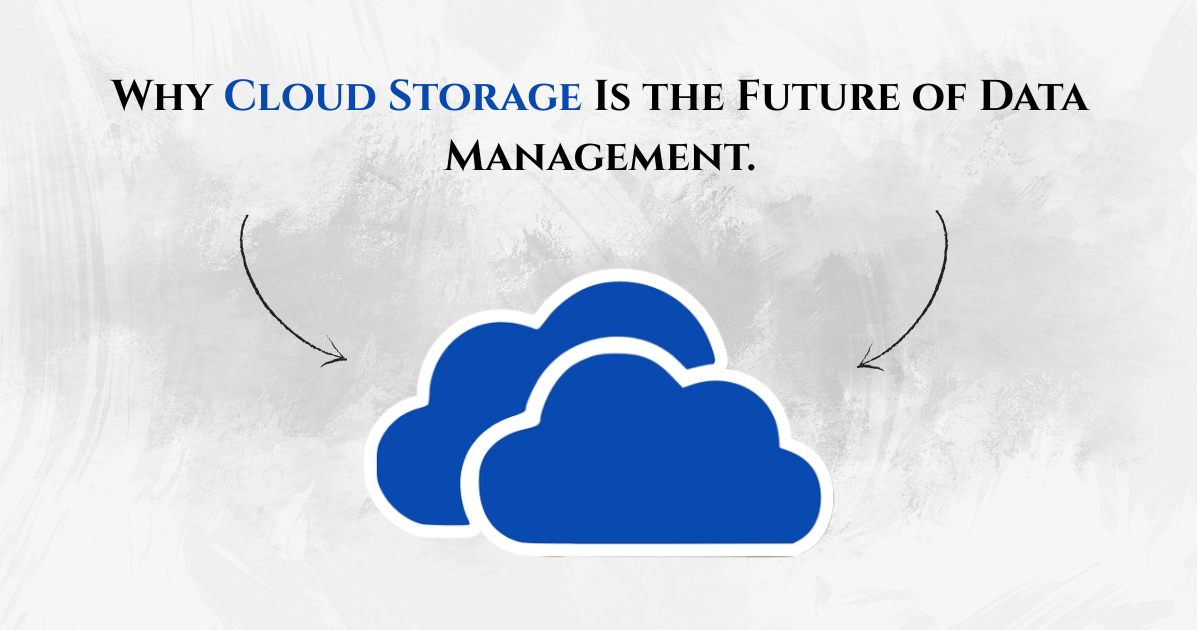Blockchain isn’t just about Bitcoin. Discover 5 surprising ways it’s reshaping industries like voting, identity, and supply chains.
When you hear “blockchain,” your mind likely jumps to Bitcoin, Ethereum, or crypto trading. But blockchain isn’t just about digital currency—it’s about digital trust. It’s a technology built to record, verify, and preserve information without a central authority.
If the internet changed how we access information, blockchain is quietly changing how we trust it.
Here are five lesser-known, real-world applications of blockchain that go far beyond cryptocurrency—and could shape the next decade.
1. Transparent Supply Chains
“Where was this made, and is it authentic?”
Ever wondered where your coffee beans came from—or if that “organic” label means anything? Blockchain enables end-to-end traceability, letting consumers and companies verify a product’s origin, handling, and authenticity.
Real Use:
Walmart and IBM use blockchain to trace mangoes from farm to shelf. What used to take 7 days now takes 2.2 seconds.
Impact:
It fights counterfeiting, unethical sourcing, and blind spots in logistics—especially for food, fashion, and medicine.
2. Tamper-Proof Voting Systems
“Can we ever have truly fair elections?”
Blockchain makes it possible. With decentralized, verifiable voting, every vote is a digital entry locked by cryptography and visible to all—yet private.
Real Use:
Estonia piloted blockchain-based voting back in 2005. It’s now considered one of the most digitally advanced democracies in the world.
Impact:
Fraud-proof elections, remote voting access, and the potential to restore faith in democracy.
3. Digital Identity Control
“Your data should belong to you.”
Tired of giving your personal details to every new app? Blockchain lets users own and control their identity, only sharing what’s necessary.
Real Use:
Microsoft’s ION system is building decentralized IDs where you carry your credentials in a secure digital wallet.
Impact:
Eliminates centralized data breaches. You become your own passport, ID, and login key—without Big Tech owning it.
4. Creative Rights & Intellectual Property
“Can creators finally get paid fairly?”
From music to memes, content gets copied, reposted, and monetized without credit. Blockchain records authorship and timestamps to prove ownership.
Real Use:
NFTs (beyond hype) are being used by artists and musicians to sell and automatically earn royalties via smart contracts.
Impact:
Power shifts from middlemen to creators. Your work is protected, forever, in an unalterable digital archive.
5. Land and Property Ownership
“What if your home deed couldn’t be forged or lost?”
In many developing countries, land theft through forged papers is rampant. Blockchain offers a tamper-proof ledger of land ownership.
Real Use:
Countries like Georgia, Sweden, and India are using blockchain to secure real estate records and digitize land titles.
Impact:
Prevents corruption, speeds up sales, and ensures your claim to property is indisputable.
Why This Matters More Than Crypto
Blockchain’s core strength is trust—without needing trust. It’s infrastructure for a digital world where proof matters more than promises.
So while headlines are filled with crypto crashes and meme coins, the real story is in how this tech is quietly solving human problems—from food fraud to election integrity.
Final Thought:
The future isn’t just cashless.
It’s trustless, transparent, and built on chains you never see—but always rely on.










